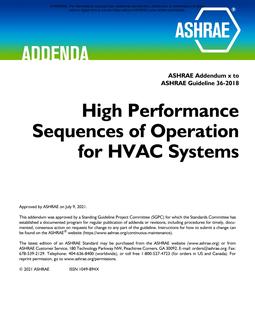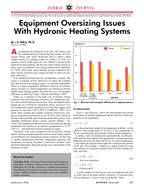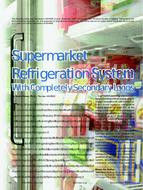In this study, a method was developed and used to measure the adsorption/desorption characteristics (i.e., the so-called sink effect) of a full-scale environmental chamber (5 m × 4 m × 2.75 m high). Unrecovered and reversible sink parameters were measured for five volatile organic compounds (VOCs): ethylbenzene, decane, 1,2-dichlorobenzene, octanol, and dodecane. It was found that for the five compounds tested, the full-scale chamber had noticeable reversible sink effect but negligible unrecovered sink effect. The reversible sink strength increased in the order of ethylbenzene, decane, 1,2-diclorobenzene, dodecane, and octanol. A first-order reversible sink model appeared to be adequate for describing the adsorption/ desorption characteristics of the chamber. It was also found that when the return air was recirculated through heating and cooling coils and HEPA filter, the sink strength increased significantly. The reversible sink effect was more noticeable in testing “wet” coating materials rather than dry materials. The results of this study would be useful for developing standard test methods and procedures for evaluating the performance of full-scale environmental chambers and for using such chambers to test and investigate VOC emissions from building materials and furnishings.
Units: SI
Citation: ASHRAE Transactions, vol. 105, pt. 2
Product Details
- Published:
- 1999
- Number of Pages:
- 14
- File Size:
- 1 file , 530 KB
- Product Code(s):
- D-7429


